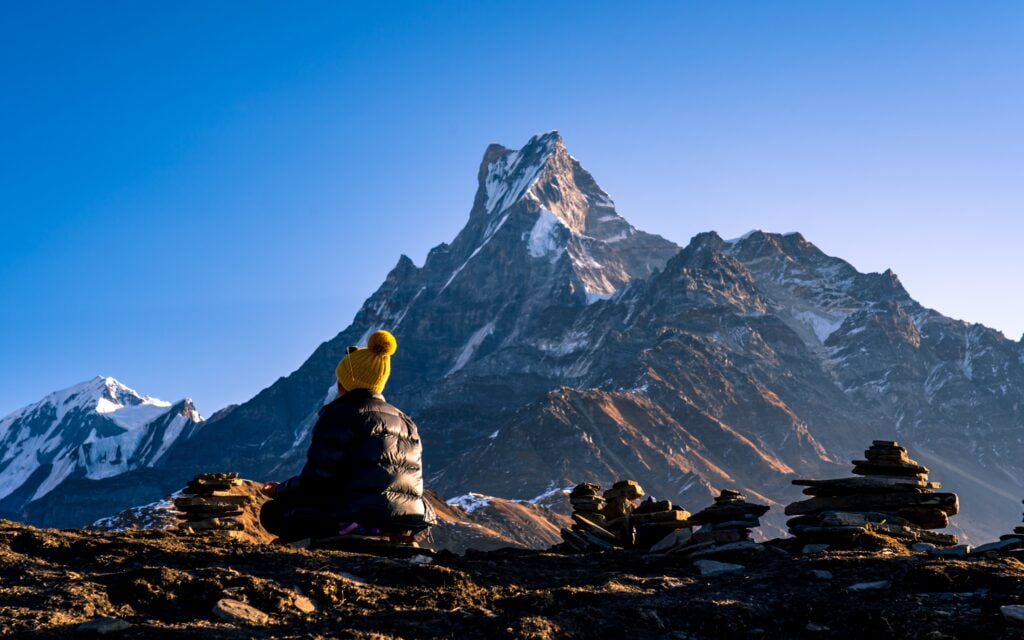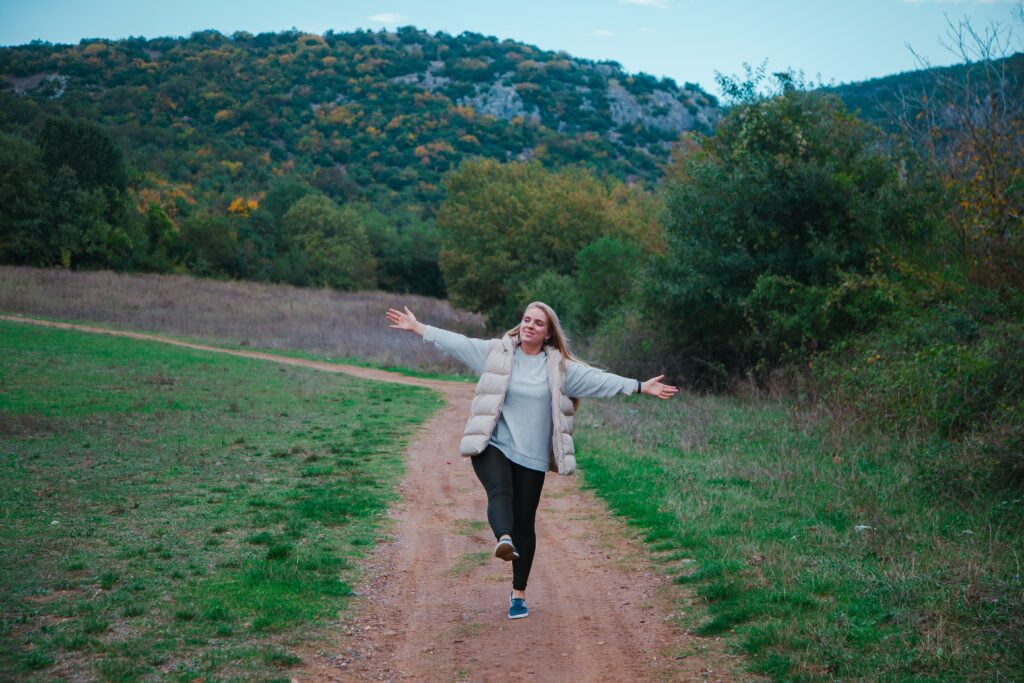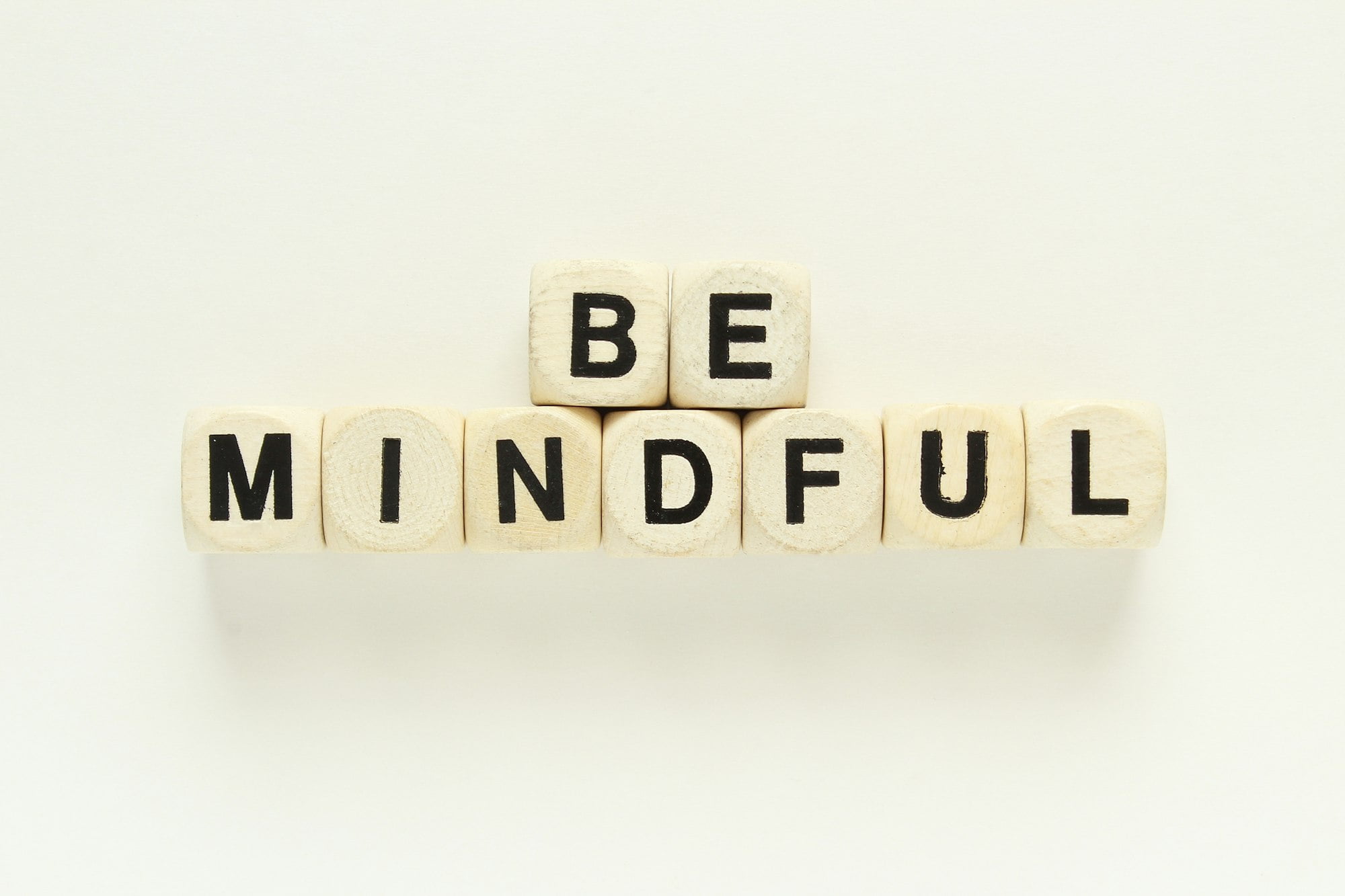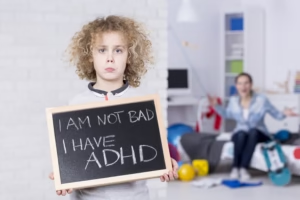What is Mindfulness? A word that’s gained significant traction in recent years often conjures images of meditation and Eastern spiritual practices. Yet, the essence of mindfulness isn’t confined to any single culture or tradition. It’s a universal human capacity, recognized and cultivated across the globe.
As an Asian therapist residing in the United States and married to a Caucasian woman, I find the intersection of Eastern and Western perspectives on mindfulness fascinating. While mindfulness is deeply ingrained in South Asian traditions, Western philosophies like pragmatism and functional contextualism echo similar themes of present-moment awareness and acceptance.
What is mindfulness? Unpacking the Meaning
At its core, mindfulness is the practice of being fully present and engaged in the current moment, without judgment. Imagine observing your thoughts, emotions, and bodily sensations as they arise, like clouds passing through the sky, without getting caught up in them or trying to change them.
This may sound simple, but the true power of mindfulness lies not in its definition, but in its application to daily life. It’s about how this practice can enhance your existence, one mindful moment at a time.

Tending to Your Inner Garden
Picture your mind as a garden. You desire a vibrant, flourishing space filled with beautiful flowers. Like any garden, your mind needs constant attention and care. Neglect it, and weeds will take over, choking out the beauty and potential within.
This metaphor captures the essence of mindfulness. It’s about cultivating awareness of your inner landscape, moment by moment. Are you “watering the flowers” – nurturing positive behaviors that help you towards the type of person you want to become? Or are you inadvertently “feeding the weeds” – getting entangled in negativity, self-destructive behaviors, and unhelpful patterns?
Just as a gardener carefully selects which plants to nurture and which to weed out, mindfulness invites us to make conscious choices about where we direct our attention. By recognizing and accepting our thoughts and feelings without judgment, we create space for greater clarity and wisdom to emerge.
This isn’t about ignoring or suppressing difficult emotions; it’s about acknowledging them with compassion and curiosity. As the Vietnamese Buddhist monk Thich Nhat Hanh famously said, “When the crowded Vietnamese refugee boats met with storms or pirates, if everyone panicked, all would be lost. But if even one person on the boat remained calm and centered, it was enough. It showed the way for everyone to survive.”
What is mindfulness? The Freedom in the Present Moment
Mindfulness isn’t about chasing a state of perpetual bliss or eradicating all negative thoughts and feelings. It’s about learning to be with whatever arises in your experience, without judgment.
This radical acceptance can be incredibly liberating. When we stop fighting against our internal experiences, we create space for greater peace and clarity. We discover that thoughts are just thoughts, emotions are just emotions, and sensations are just sensations. They don’t define us, and we don’t have to be controlled by them.
In the Western therapeutic context, this acceptance aligns with principles of Acceptance and Commitment Therapy (ACT), which emphasizes embracing our internal experiences rather than struggling against them. By acknowledging and accepting our thoughts and feelings, we free ourselves from their grip and open up new possibilities for action.
This resonates with the pragmatic philosophy of William James, who emphasized the importance of focusing on the practical consequences of our thoughts and actions. By being mindful of the present moment, we can make choices that lead to greater well-being and fulfillment.

A Path of Self-Discovery
What is mindfulness? Mindfulness is a journey, not a destination. It’s a lifelong practice of cultivating greater awareness, compassion, and wisdom. By paying attention to the present moment, we gain deeper insights into our own minds and hearts. We learn to recognize our habitual patterns, our triggers, and our deepest values.
This self-knowledge empowers us to make conscious choices that align with our authentic selves. We become less reactive and more responsive, less driven by fear, and more guided by love.
As we cultivate mindfulness, we also develop a greater sense of interconnectedness with all beings. We recognize that our actions have ripple effects, and we become more mindful of the impact we have on the world around us. The benefits of mindfulness are well-documented by many researches. I recommend practicing and experiencing the advantages yourself.
Embracing the Fullness of Life
What is mindfulness? Mindfulness isn’t just about individual well-being; it also has profound implications for our relationships and the world around us. When we’re present and engaged, we can connect more deeply with others, appreciate the beauty of the natural world, and contribute to creating a more compassionate and just society.Whether you’re new to mindfulness or a seasoned practitioner, I invite you to embrace this journey of self-discovery and transformation. Remember, it’s not about perfection; it’s about progress. Every mindful breath, every moment of awareness, is a step towards a richer, more meaningful life.




